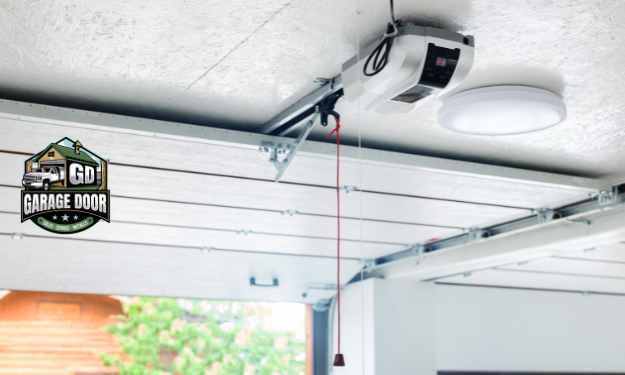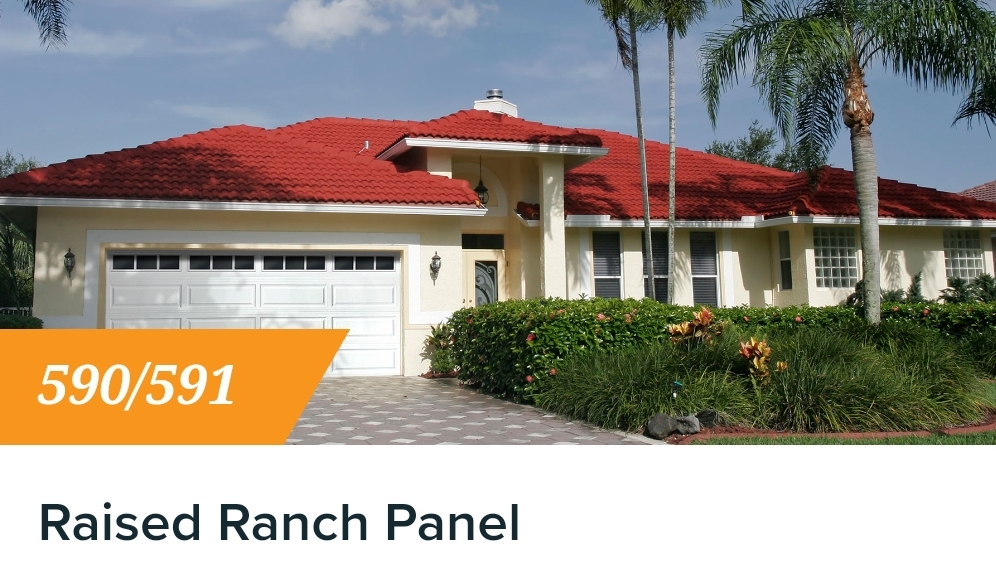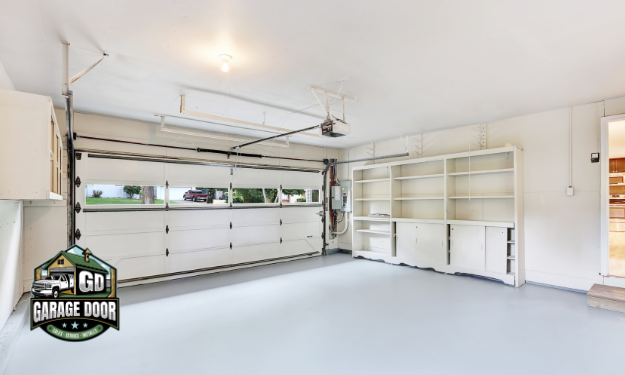Garage Door Repair
Your garage door is one of the most frequently used entrances to your home. Selecting the right style, material, safety features, and service provider is key to enjoying years of reliable, low-maintenance, secure access to your garage. From traditional sectional doors to modern smart door systems, this guide covers the most popular garage door types, components, openers, customization options, safety and technology integrations, related services, costs and more to consider when installing or upgrading your residential or commercial garage door in the Twin Cities region.



